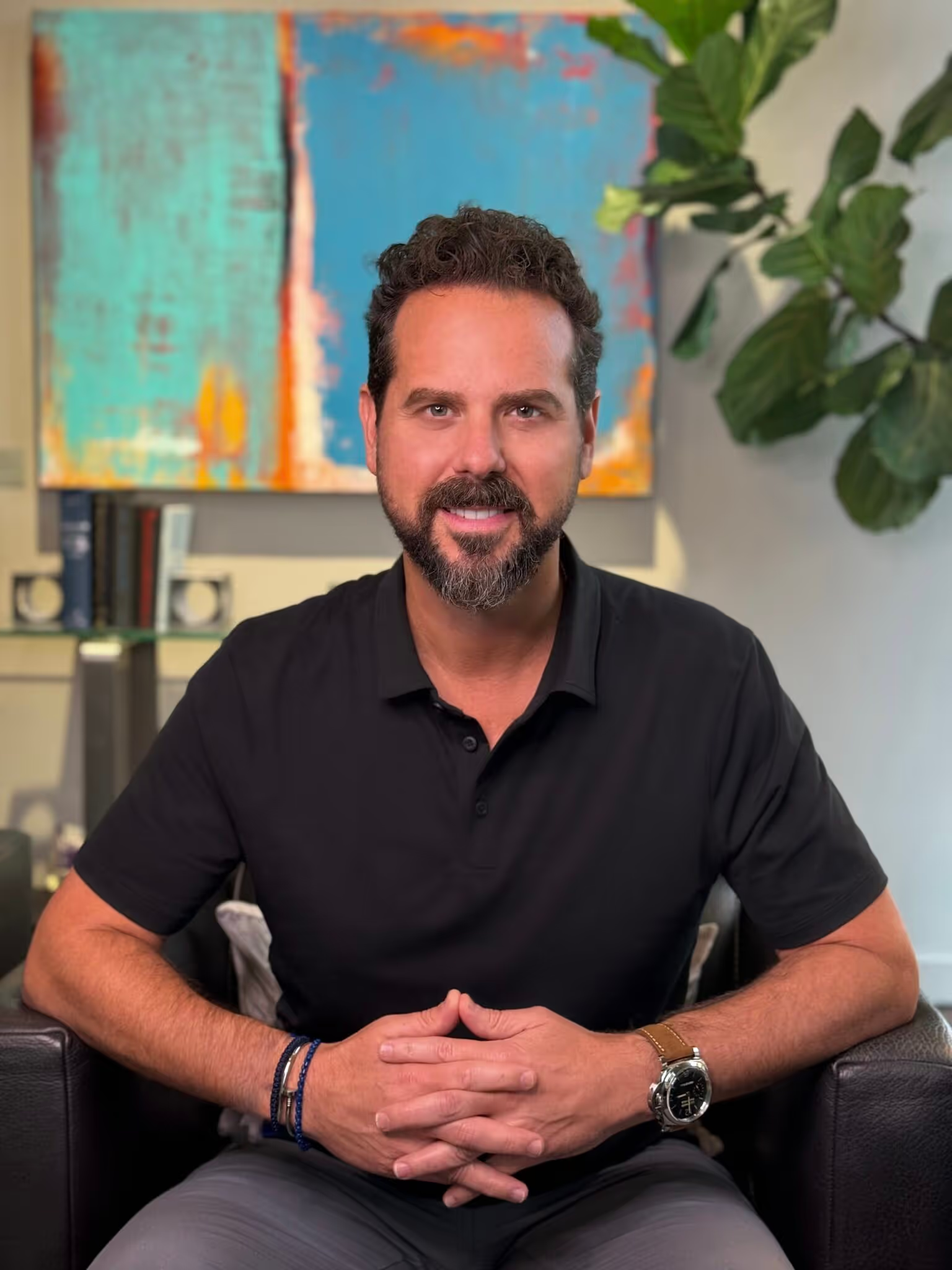
The Stories We Show Ourselves.
Throughout the last month, I focused on the stories we tell ourselves based on who raised us and the scripts we picked up from their words and actions (or non-actions, as the case may be). Let’s shift gears now and discuss another source for the scripts we use to navigate the world: actual scripts. What do I mean by that?
In my book, I share the rough estimate that “by the time an average, three-hour-a-day, TV-watching five-year-old turns twenty-five, he or she will have consumed 328,500 stories, or roughly forty-five stories per day. And that’s only through TV.”
How can we not be swayed by such a proliferation of stories entering our minds on such a constant basis?
How can we not grab onto the stories of the heroes we want to be?
Or cast other people in our lives as the villains we recently saw in a movie?
Or assume someone in real life is going to act the same way as someone who was reading a script?
That’s what I mean by actual scripts. In addition to the stories we tell ourselves to feel safe and the stories we tell ourselves because of how we grew up, we also use movies, TV, and pop culture to tell stories about ourselves and others. Often unintentionally, we use these made-up stories to make up stories about others.
But movies end within a few hours; life goes on. If we keep using their stories as templates for our stories, we’re not going to experience the same kind of tidy resolution most movies and TV shows have.
So what can we do to still enjoy movies without using them as scripts for our own lives? We’ll discuss that in next week’s post.

